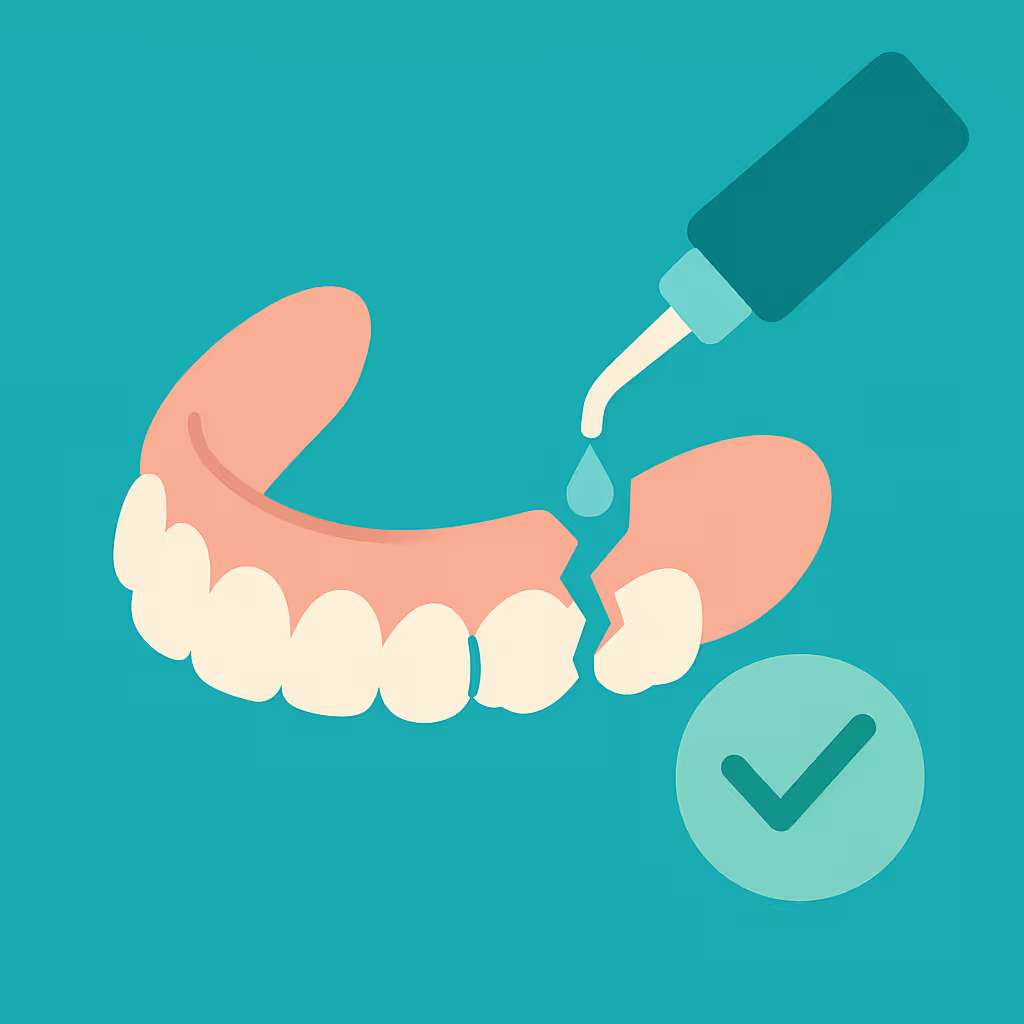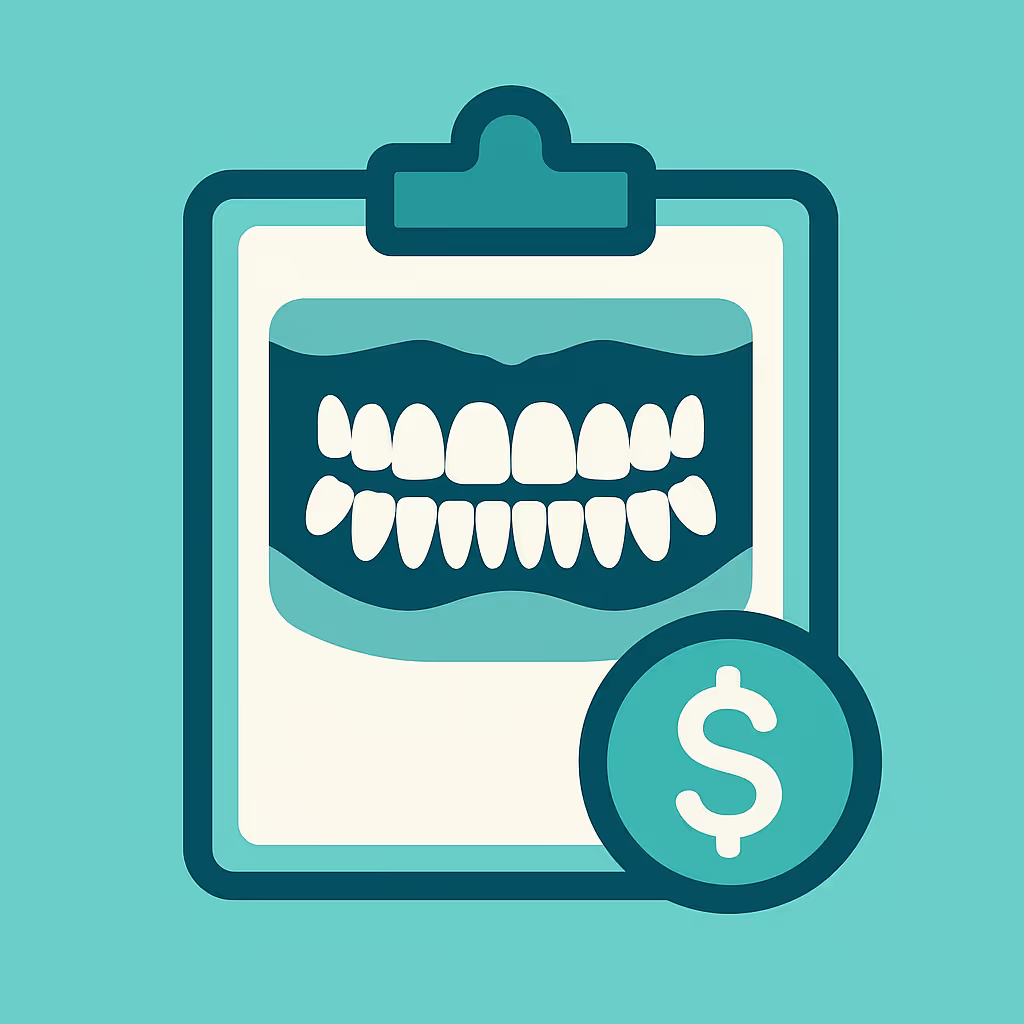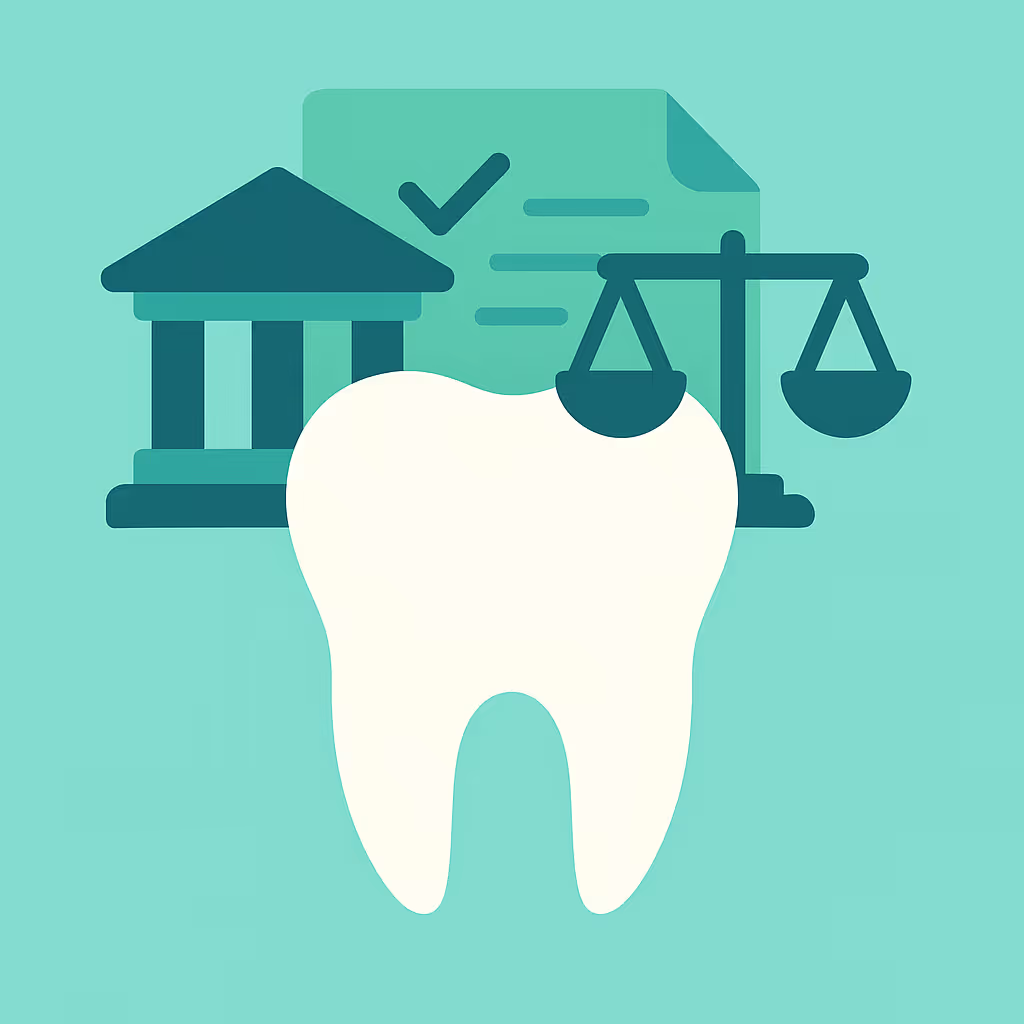Understanding Dental Code D0274
When to Use D0274 dental code
The D0274 dental code refers to "bitewings – four radiographic images" as defined by the Current Dental Terminology (CDT) code set. This code is used when a dentist or hygienist takes four separate bitewing X-rays during a single visit, typically to assess the interproximal surfaces of posterior teeth for caries, bone loss, or other pathology. D0274 is most commonly indicated for adult patients or older children with a full complement of posterior teeth, where two or three bitewings would not provide sufficient diagnostic coverage. It is important to use D0274 only when four images are clinically necessary; otherwise, use the appropriate code for fewer images, such as D0272 for two bitewings.
Documentation and Clinical Scenarios
Proper documentation is essential for successful reimbursement and compliance. When using D0274, ensure that the patient’s chart clearly indicates the clinical rationale for taking four bitewing images. Common scenarios include routine caries detection in adults, monitoring periodontal bone levels, or evaluating recurrent decay under existing restorations. Best practices include:
- Documenting the reason for the radiographs (e.g., "routine caries check," "periodontal assessment").
- Noting the number of images taken and their diagnostic purpose.
- Attaching radiographic images to the patient record and, if required, to insurance claims.
Clear documentation not only supports claim approval but also protects the practice in the event of an audit.
Insurance Billing Tips
When billing D0274, dental teams should verify the patient’s insurance benefits before the appointment. Many plans cover bitewing X-rays once per calendar year or every 12 months, but frequency limitations and age restrictions can vary. Follow these steps for optimal billing outcomes:
- Verify eligibility and frequency limitations during insurance verification.
- Submit claims with supporting documentation if the patient’s history or clinical need warrants more frequent radiographs.
- Review Explanation of Benefits (EOBs) for denial reasons and be prepared to file a claim appeal with additional documentation if medically necessary.
- Use the correct CDT code for the number of images taken—misuse can lead to claim denials or compliance issues.
Proactive communication with patients about their coverage and potential out-of-pocket costs helps avoid surprises and improves patient satisfaction.
Example Case for D0274
Consider a 45-year-old patient returning for a routine check-up. The dentist determines that four bitewing X-rays are needed to monitor for interproximal decay and assess bone levels due to a history of periodontal disease. The dental assistant documents the clinical rationale in the patient’s chart, noting "routine caries and periodontal assessment." Four bitewing images are taken and attached to the record. Prior insurance verification confirms that the patient is eligible for bitewing X-rays once per year. The claim is submitted with D0274, and the EOB returns with full payment, thanks to accurate coding and thorough documentation.
By following these best practices, dental teams can ensure proper use of D0274, minimize denials, and maintain compliance with insurance requirements.





